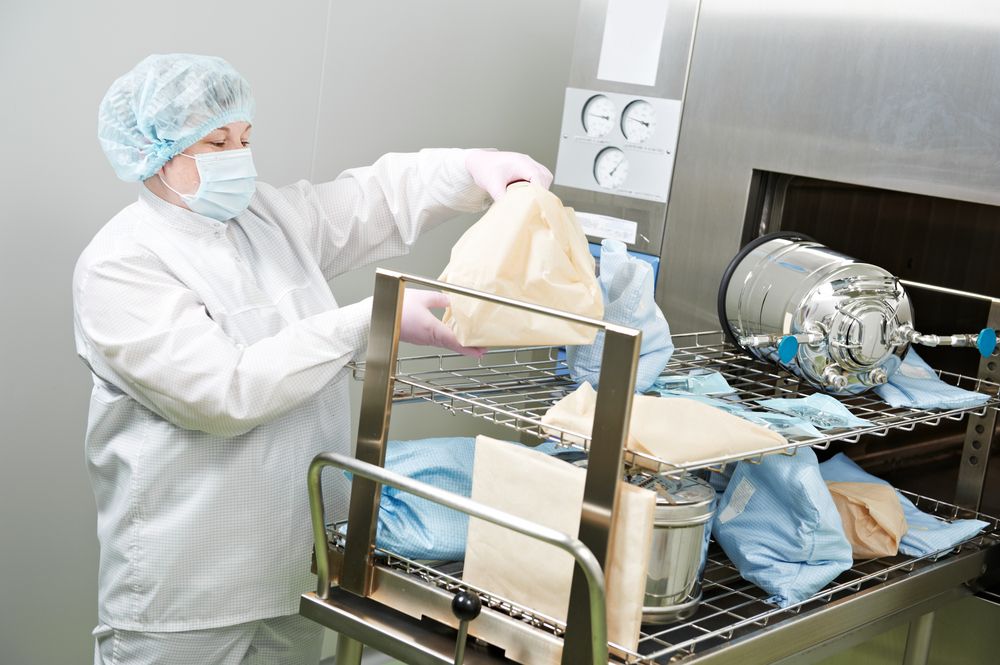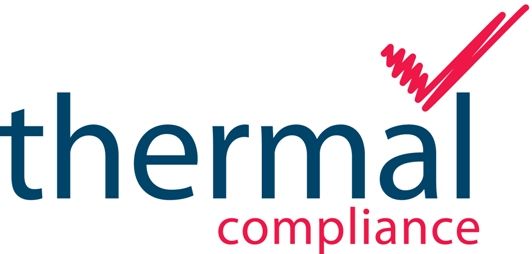
Autoclave validation is essential for ensuring sterilization processes meet regulatory standards and produce reliable results. However, successful validation goes beyond technical expertise; it often depends on overcoming key barriers, such as ensuring your team shares a common understanding of autoclave operations, product cycle designs, and regulatory compliance. Effective communication and collaboration among team members are critical to minimizing errors, optimizing validation efforts, and avoiding costly delays.
In this blog, we’ll explore how fostering shared knowledge, and effective communication can enhance autoclave validation, leading to greater efficiency, regulatory compliance, and long-term success.
Autoclave validation plays a critical role in maintaining the sterility of materials, instruments, and products. Successfully passing validation tests ensures that acceptance criteria are met, preventing contamination and safeguarding product integrity. However, when validation failures occur, they can lead to serious consequences, including:
❌Compromised Product Safety and Quality – Ineffective sterilization can lead to microbial contamination, putting end-users at risk.
❌ Regulatory Non-Compliance – Failing to meet industry standards can result in warnings, or even production shutdowns.
❌Downtime and Production Delays – Investigating failures, re-testing, and troubleshooting disrupts workflows and impacts productivity.
❌ Increased Costs – Addressing validation failures requires additional resources for retesting, corrective actions, and potential product recalls.
While no validation test is guaranteed to pass every time, having a skilled and aligned team can significantly improve success rates. Key factors that contribute to better validation outcomes include:
✔️ A shared understanding of autoclave operation, ensuring a more efficient and accurate validation process.
✔️ In-depth knowledge of cycle design, promoting consistency and reliability.
✔️ Strict adherence to European and International standards, reducing risks and ensuring compliance.
✔️ A collaborative team approach, leading to fewer disruptions and a more streamlined workflow.
A successful autoclave validation process depends on more than just equipment and protocols—it requires a well-trained, knowledgeable, and communicative team. By investing in shared understanding and fostering strong collaboration, organizations can minimize validation failures, reduce operational disruptions, and maintain compliance with industry regulations. In the end, a well-prepared team not only enhances validation success but also contributes to overall efficiency and product safety.
Investing in training and skill development for your validation team offers significant advantages.
- Improved problem solving - A knowledgeable team can identify and resolve validation challenges more efficiently.
- Enhanced confidence in autoclave operations - Ensuring smoother, more predictable validation outcomes.
- Up to date industry knowledge - Staying informed about regulatory changes, emerging technologies, and best practices.
- Stronger communication and collaboration - Enhances team cohesion, streamlines collaboration with QA and production, reduces misunderstandings, and improves outcomes.


